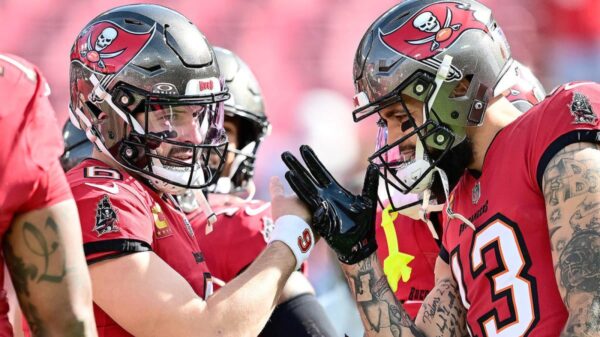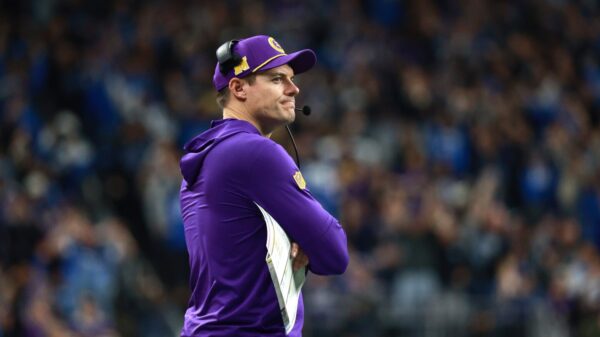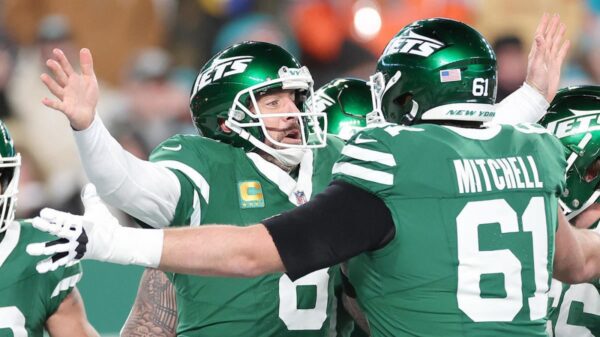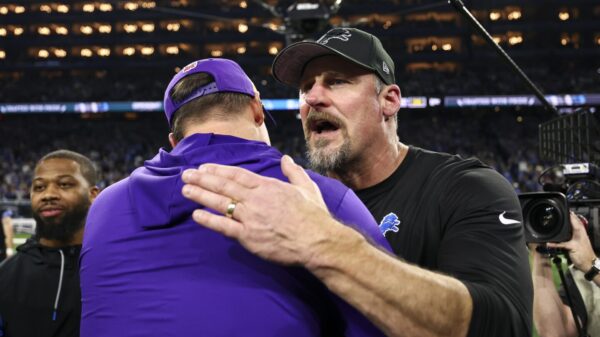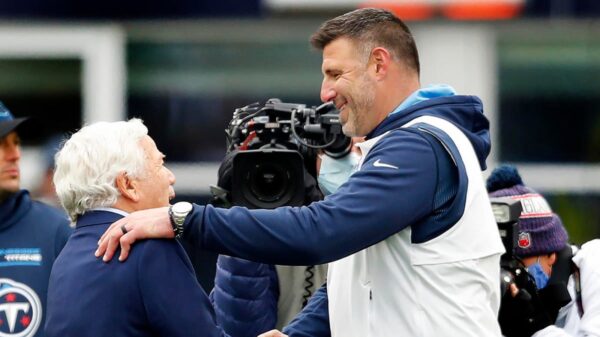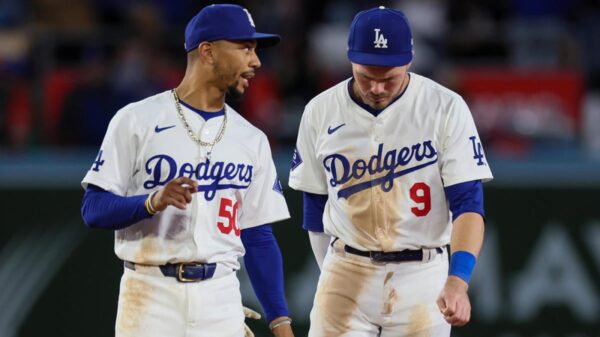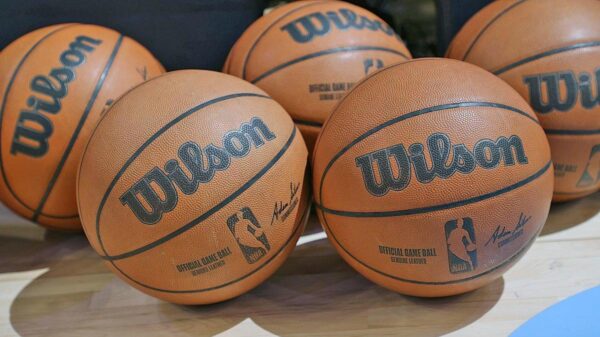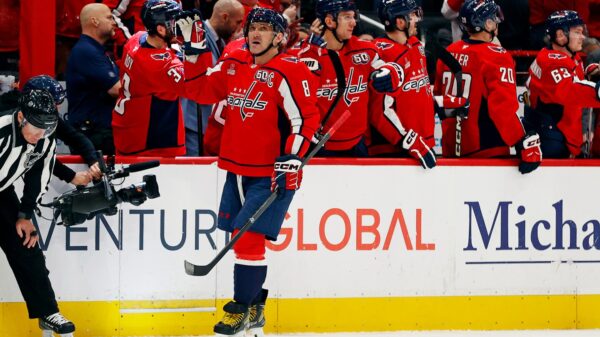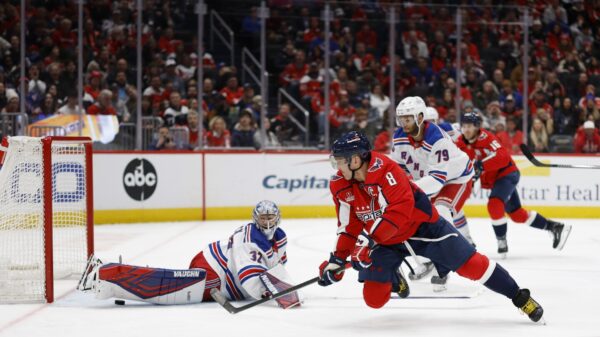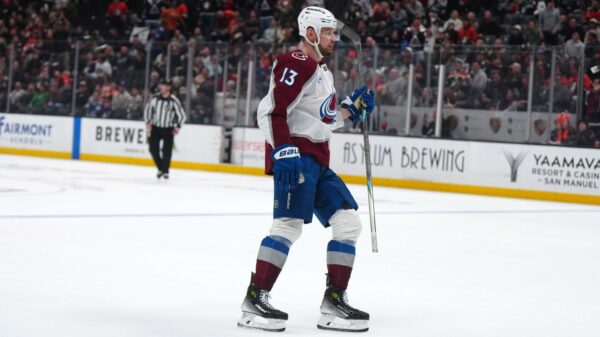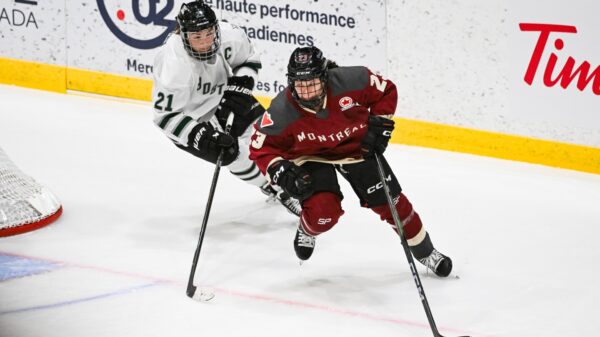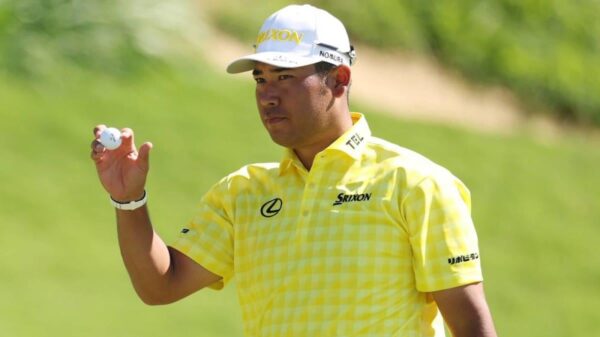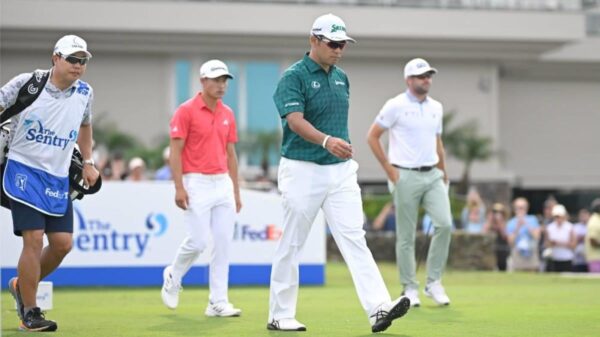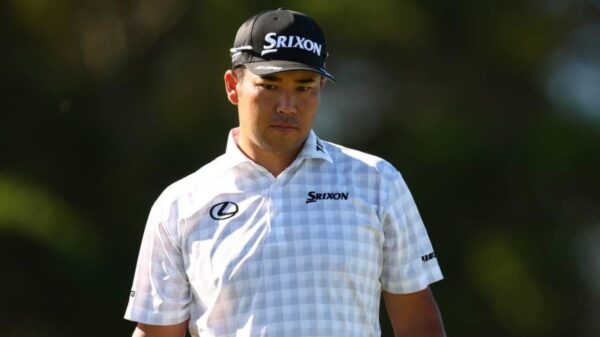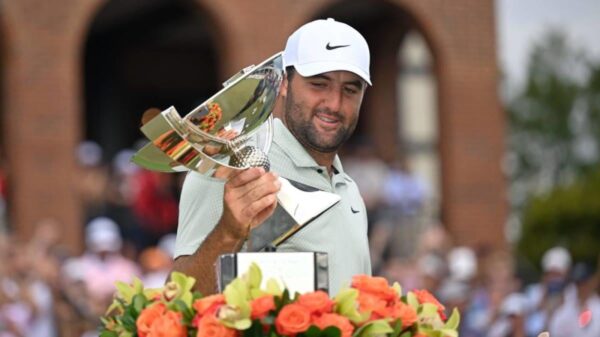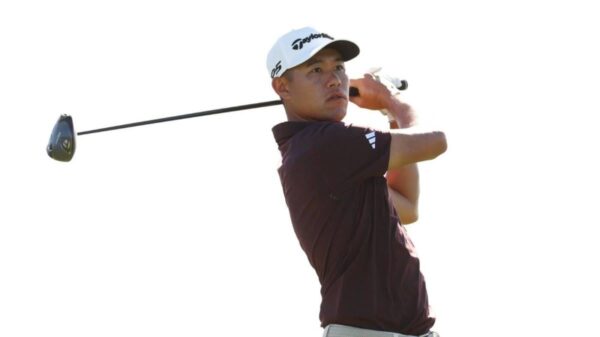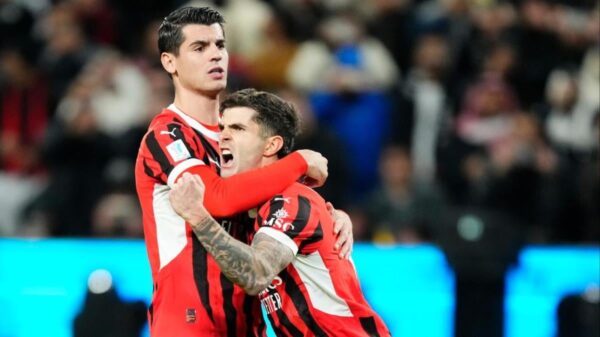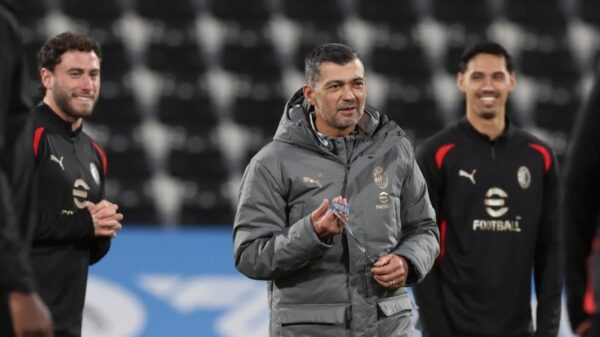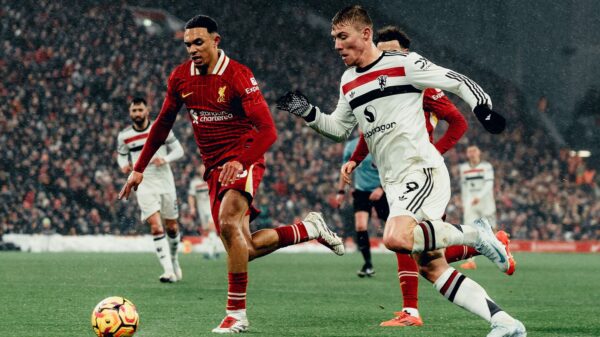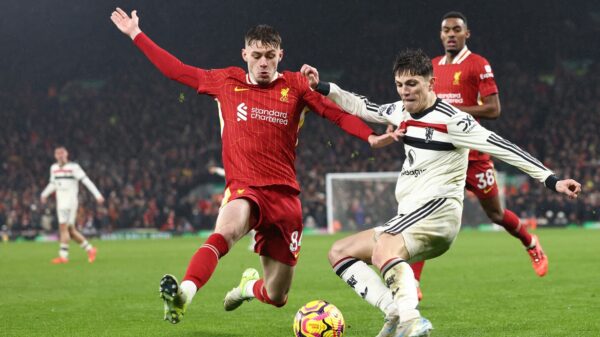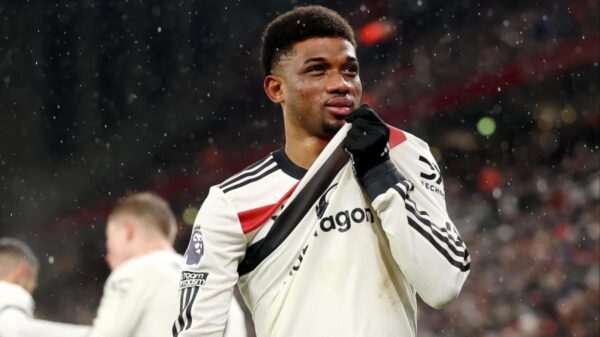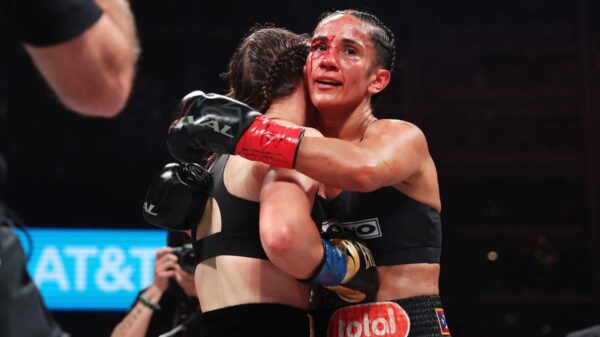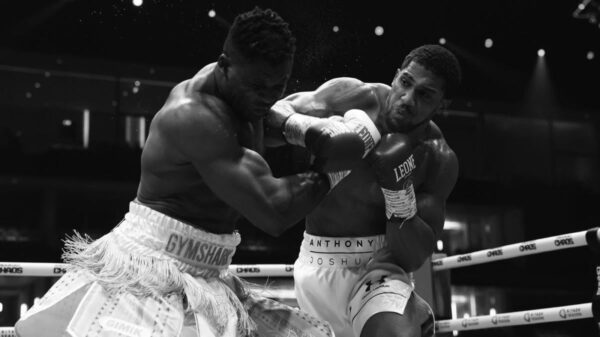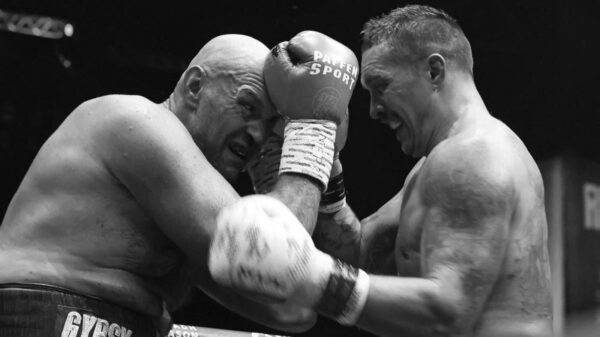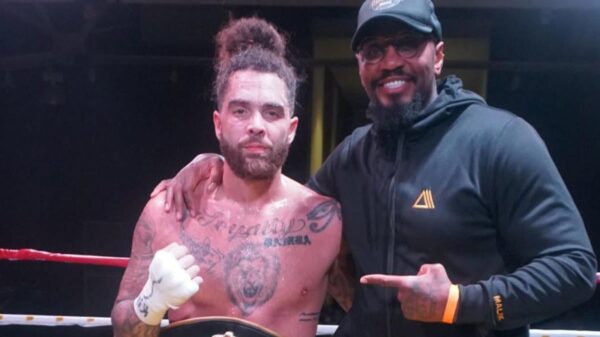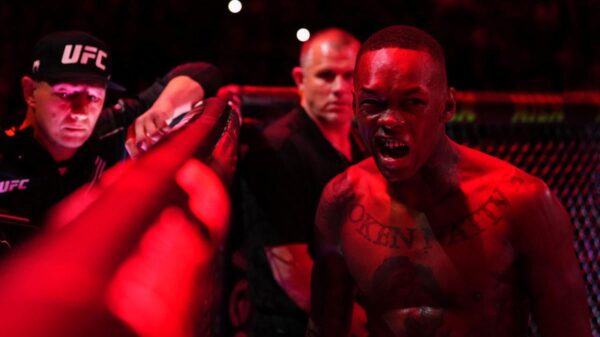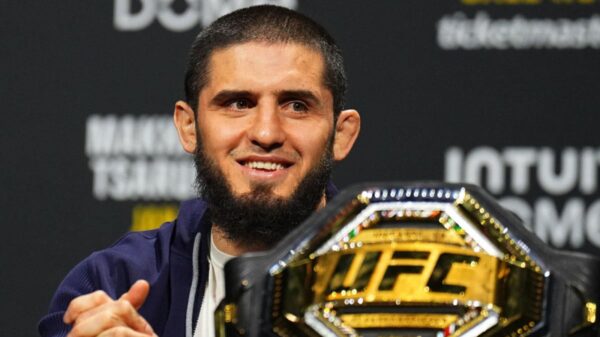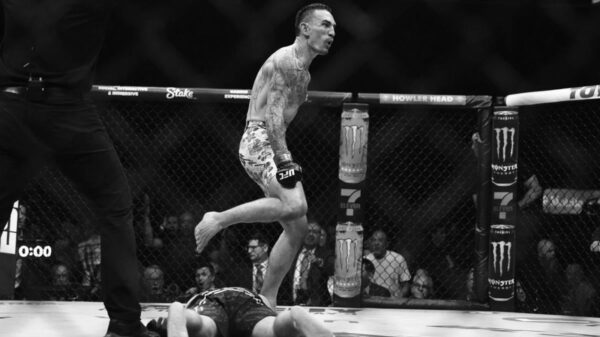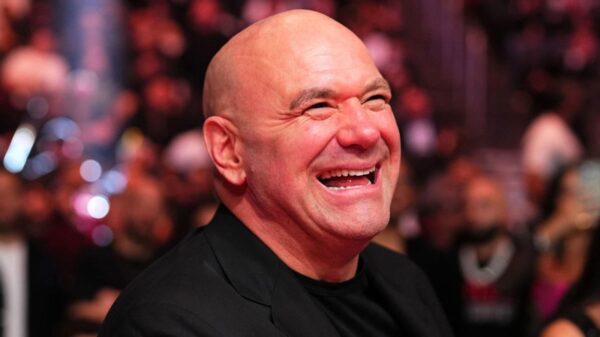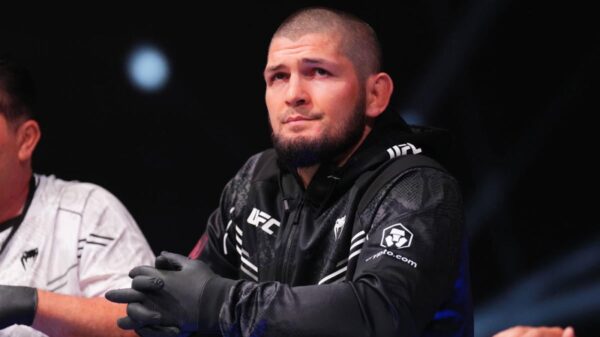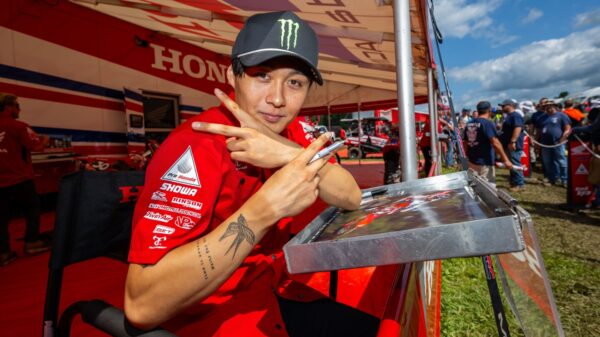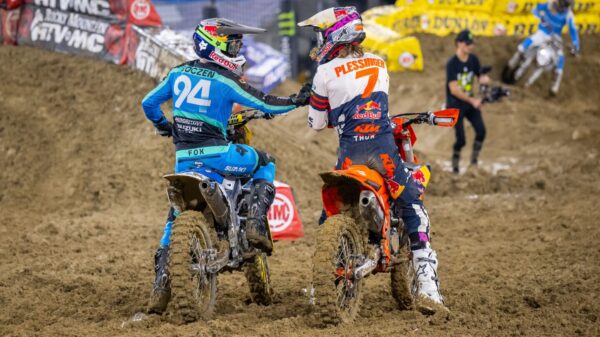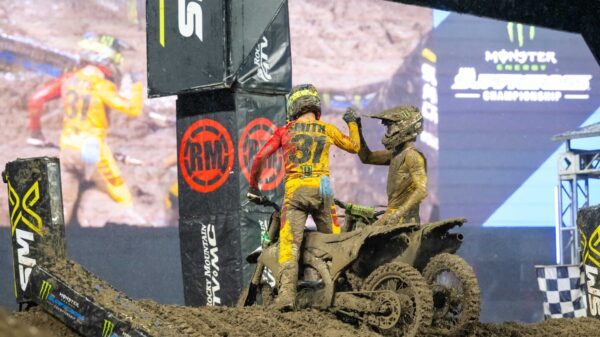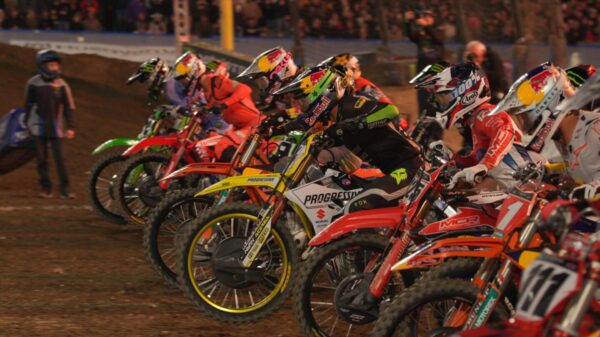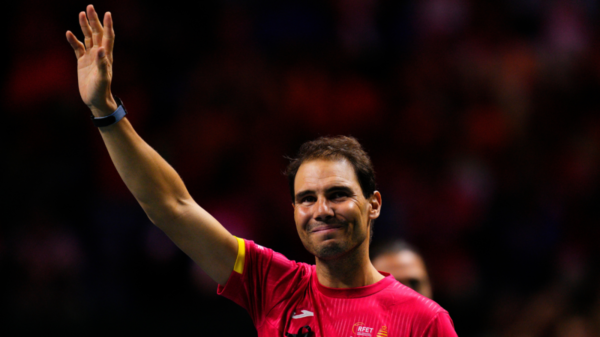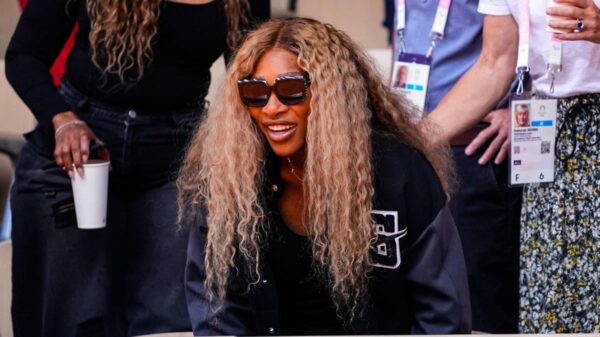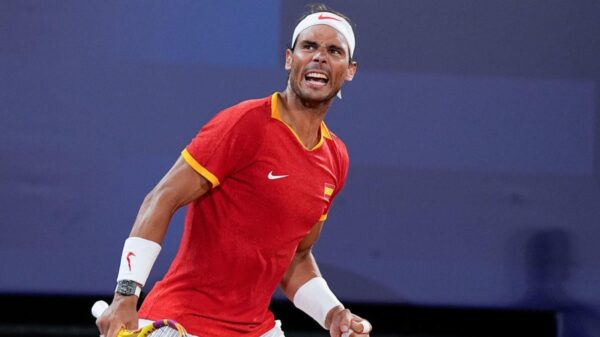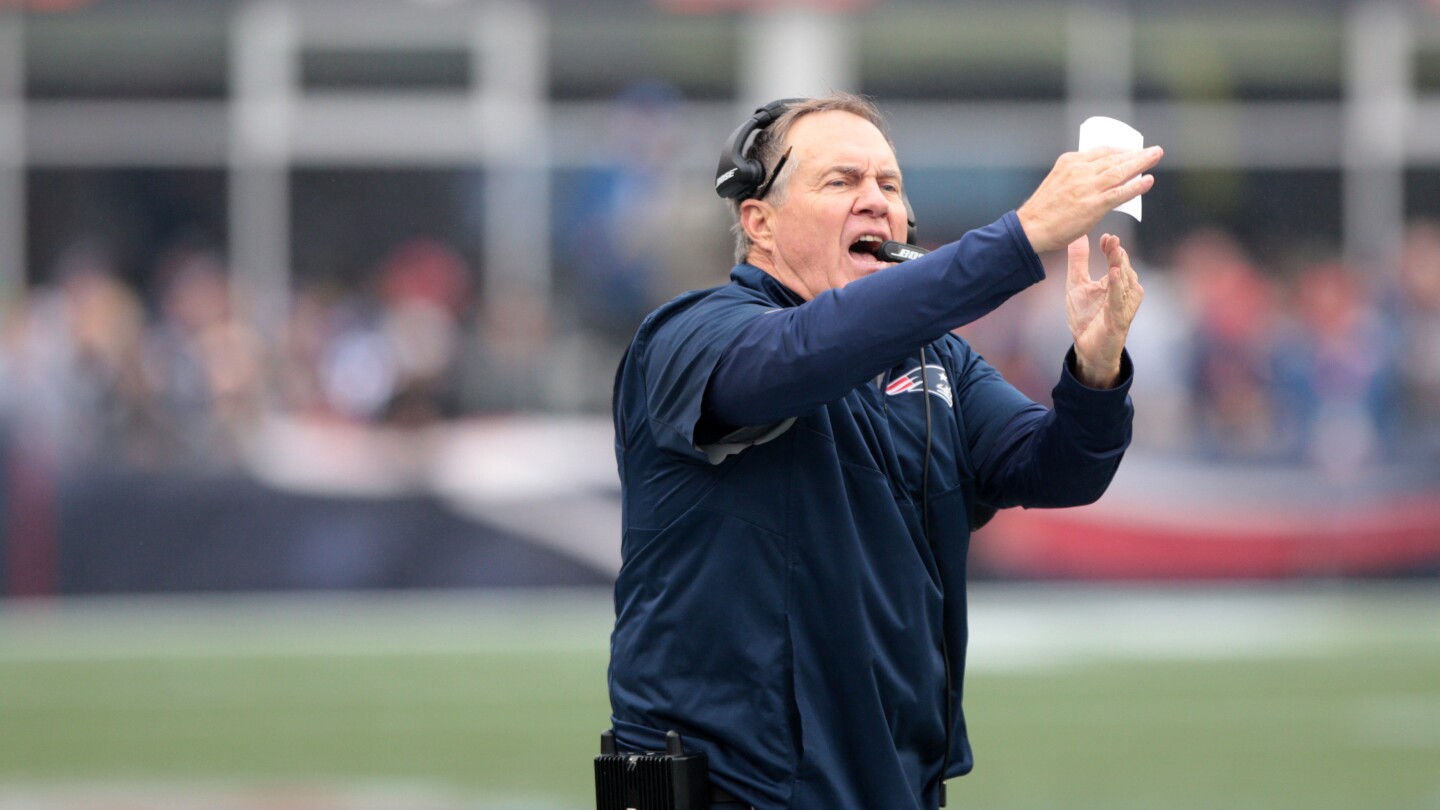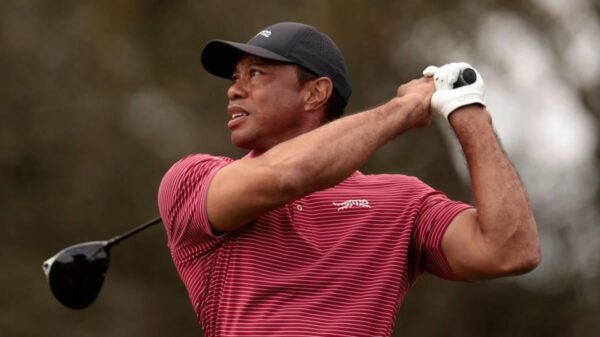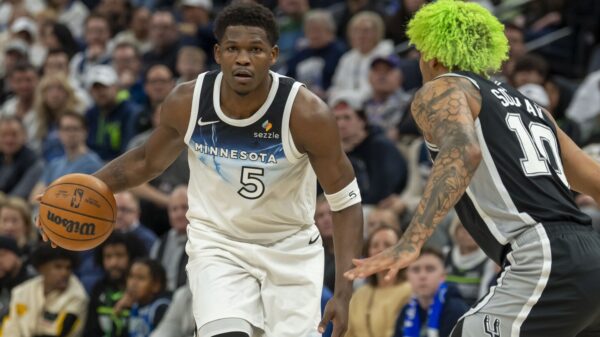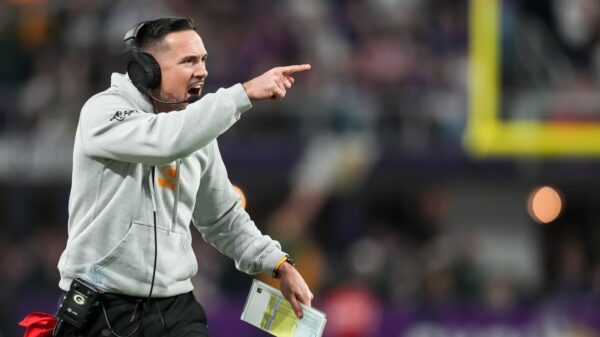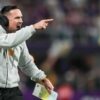When Bill Belichick watched recent losses by the Falcons and Bears in which clock management mistakes were a major factor, it made him put his coaching cap on and think about how to avoid such mistakes. And in an appearance on The Pat McAfee Show he gave a long explanation of his thinking in those late-game situations.
“It’s mystifying,” Belichick said. “What I always tried to do was, you have three timeouts in a two-minute situation. You use your first timeout between two minutes and one minute, you use your second timeout between a minute and 30 seconds, and then you use your third timeout somewhere under 30 seconds. That wasn’t an absolute rule, but it was a rule of thumb. You didn’t want to have two timeouts with 20 seconds to go, and you didn’t want to use two timeouts in the first 30 seconds of a two-minute situation where you didn’t need to.”
That matches what Tom Brady said about timeout usage on the Fox broadcast of Sunday’s Packers-Vikings game, and Belichick said Brady helped shape his thinking on when to use timeouts.
“Tom and I and Josh [McDaniels] had this conversation, probably in about ’13, ’14, somewhere in there,” Belichick said. “Because I had always wanted to save it for the end, especially if you needed a field goal, so you didn’t have to run the no-huddle field goal team on, that you could just take a timeout and go in there and kick it. But Brady said, ‘I’d rather have more time and less timeouts, because it gives me more options, than less time and a timeout. So let me handle it. If I screw it up that’s my fault and you can take it away from me, but I’d rather you take the timeout with 27 seconds and give me more time to do something with, than run a play with 27 seconds, and now we go to 13 seconds and one timeout. I’d rather have 27 seconds and no timeouts than 12 seconds and one timeout.’”
Belichick said every coach in the league should be aware of other teams’ clock management mistakes and use them to teach his players. Belichick said that Falcons coach Raheem Morris should have seen the Bears botch the end of their loss to the Lions on Thanksgiving and should have gone over that situation with his own team before the Falcons similarly made timeout mistakes in their loss to the Commanders.
“Atlanta, they should have watched the Chicago game,” Belichick said. “Even though they weren’t involved in the Chicago game, they should have watched that. Every team in the league should have watched that. They should have said, ‘If we were in this situation, what would we do?’ At what point would the head coach say, ‘We’ve got to take a timeout,’ or the quarterback, or whoever that is. And when you see things like that come up, that’s a great example. The Cincinnati-Denver game is another one. If I was a head coach, no matter what team I was on, I would watch that with my staff and then go over that with my team and say, ‘Here’s what we do here, here’s what we would do, here’s the type of play we would run, here’s when we would do it.’ And play both sides of it, because you could be on offense or you could be on defense.”
Belichick said he sat in on a meeting at the University of Washington, where his son was defensive coordinator last season, and listened to head coach Jedd Fisch go over all the details of the Falcons’ overtime win over the Buccaneers.
“One of the most interesting games was the overtime game between Atlanta and the Bucs,” Belichick said. “That was the weekend that I was in Washington, and Jedd Fisch showed that to his team, and he was going back and forth with, ‘Here’s the Bucs and here’s Atlanta.’ It was about a half-hour meeting with his team, and Jedd was explaining in great detail. It was a tremendous meeting, one of the best meetings I’ve seen, about how the team should: ‘We would do this in this situation. Look at this player make this decision here. We wouldn’t want to make that decision. Or we would make that decision. Or this was played right.’ And the game went back and forth and back and forth. And the guy who ends up catching the pass is the special teams guy who never even plays on offense, [KhaDarel] Hodge, being ready to go, going in there and taking advantage of this opportunity and winning the game.”
Belichick said that during his coaching tenure they would always talk the day before the game about those late-game situations, often after having just watched college games where those situations came up.
“The Saturday morning meeting was always more about situations,” Belichick said. “How to handle different time situations, or personnel, or substitutions, or rules or whatever it was. . . . One of the best feelings that I’ve ever had as a coach would be when we were good in New England, and I would walk into that Saturday night meeting, and the guys would all be sitting around having dinner, and the games would be on . . . everybody would be watching it, and they would all be talking about — watch out for this, they’re going to run a hard count here, they made a bad play here, we would never do that, and they’d be talking about situational football.”
Belichick said many of his greatest players were so thoughtful about football that they would never just watch a game as a fan, but always watch a game engaged with it intellectually.
“They just couldn’t watch a game, they’d have to be talking about strategy and play calling and timeouts,” Belichick said.
That’s what every coach and every player needs to be thinking about, to avoid embarrassing losses like the Bears and Falcons had.
Read the full article here

